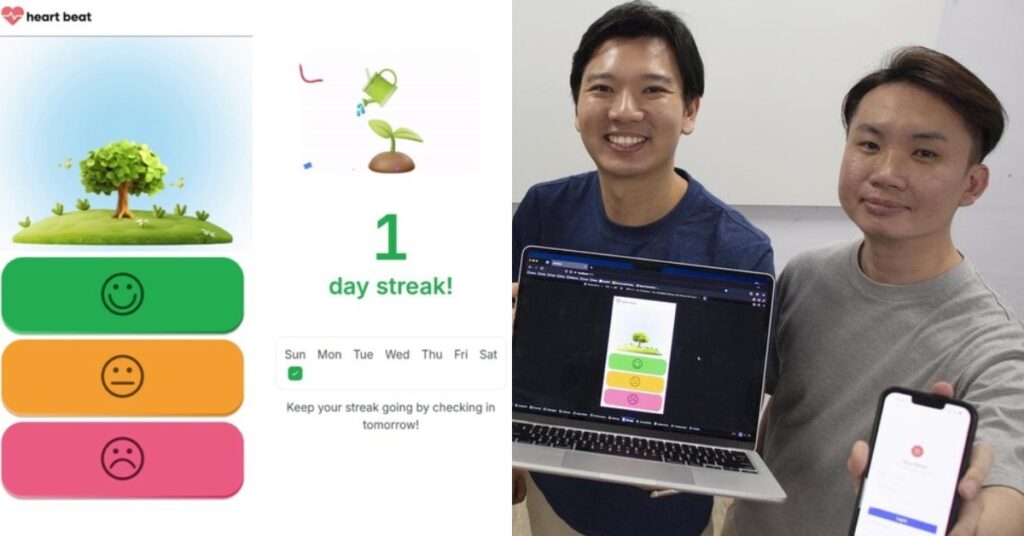You get your shiny new dress bought for a bargain online. But when you take it out of the shipping parcel, suddenly you notice something’s wrong.
Either the feel of the material isn’t what you expected, something is too tight or too loose somewhere, or it just doesn’t sit pretty on you.
Maybe even the colour doesn’t look exactly like the picture, and these are among the many, many reasons that online apparel returns can hit a 50% return rate.
There’s research that shows an item’s surface impact—how it feels, its roughness, even its weight—can change their entire impression of the apparel.
So a seller loses out on that sale, and their effort to pack and ship it out, especially if they have free shipping for returns in place, goes to waste.
This is where Zarrel enters the market—a clothing-based startup that builds its entire e-commerce business around returning clothes.

“We are bringing a new way of selling items in the e-commerce market,” said Ken, one of the founders of Zarrel.
Here’s how it works.
You pay RM168 for every month you want to be on Zarrel. In that period you can get anything you want off their website, as many times as you like.
You don’t even need to wash the clothes after you wear them, and you can just mail it back to Zarrel as-is. They’ll take care of the cleaning.
Here’s the catch though:
- You can only have 3 items with you at a time. You’ll have to return a box before you can get another one sent to you.
- You can pick and choose what you like, but the final 3 items chosen in the box really depend on what’s in stock, and that the total box doesn’t exceed RM600 worth.
If you’re the kind of busy gal that doesn’t like to be seen in the same thing twice, being able to swap out your clothes in an ‘Infinite Closet’—as long as you plan for shipping times—seems like a godsend.
Going back to that whole e-commerce mention, you also get to try out the outfits while you’re renting. So if you like what you see, Zarrel welcomes you to keep what you like—you’ll just have to foot the bill for the full price afterwards.

“Back in 2016, Sue Jinn, an investment analyst, was traveling in Bangkok. She visited the Platinum Fashion Mall. After experiencing how vibrant the fashion industry was, she was excited to the bone by the sheer number of choices readily available,” said Ken.
“She told me about what she saw, and we started putting some research into the fashion space. We were astounded to learn that the fashion segment in Malaysia amounts to USD134 mil, 70% of which comes from the clothing category. We wondered ‘Why can’t women have an infinite closet?’ and through these keywords, more Googling happened.”
“Similar business models like Rent The Runway (U.S.) and Air Closet (Japan) surfaced. I studied their business with more detail, ultimately creating a business model that may work in Malaysia. After multiple meetings with industry key stakeholders and surveys with our target audience, we were finally confident to push on starting this company of which today it is known as Zarrel.”
To run the business, Ken quit his stable job as a consultant to run Zarrel full-time, doing everything from legal paperwork, HTML, strategising, daily operations to even scrubbing toilets.
Sue Jinn provides what Ken characterises as “the softer touch to things”, while influencer and managing partner Lee Yvonne spearheads the marketing of Zarrel.
She reaches out to sponsors, potential collaborating retailers and other influencers to join #myzarrel online.

It’s an all-local selection on their site—but not for long.
With almost 300 items on the site and 13 brands currently signed, Zarrel has a long journey and branding exercise ahead of them.
“A lot of things have to start from home, but it doesn’t mean we only want to work with local brands. We are in discussions with brands from Taiwan like Toki Choi and also Sense Of Style from Bangkok. These are all brands from the Asian borders.”
When asked about the possibility of incorporating more well-known brick-and-mortar brands, Ken said:
“At the moment Zarrel is not yet a platform where we style for you. So depending on the customer’s wants, we will build according to that direction.”
“We want to be able to curb all forms of returns when people purchase apparels online. And all of these returns is causing retail e-commerce to lose a lot of money. I want Zarrel to be an e-commerce platform that whenever someone buys an item on Zarrel, we can assure them of the fit and the quality, and we would completely curb the return rates.”
When pressed by the term ‘completely’, Ken said, “Well, it’s an aim, right?”
And an aim, it is. It’s all or nothing for this team, and they’re hitting the ground running, it seems.
Feature Image Credit: Zarrel











